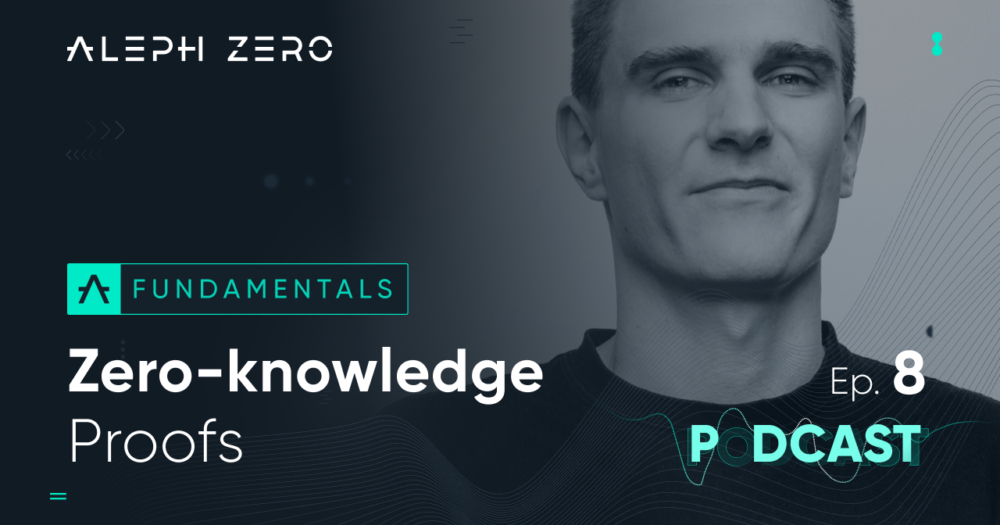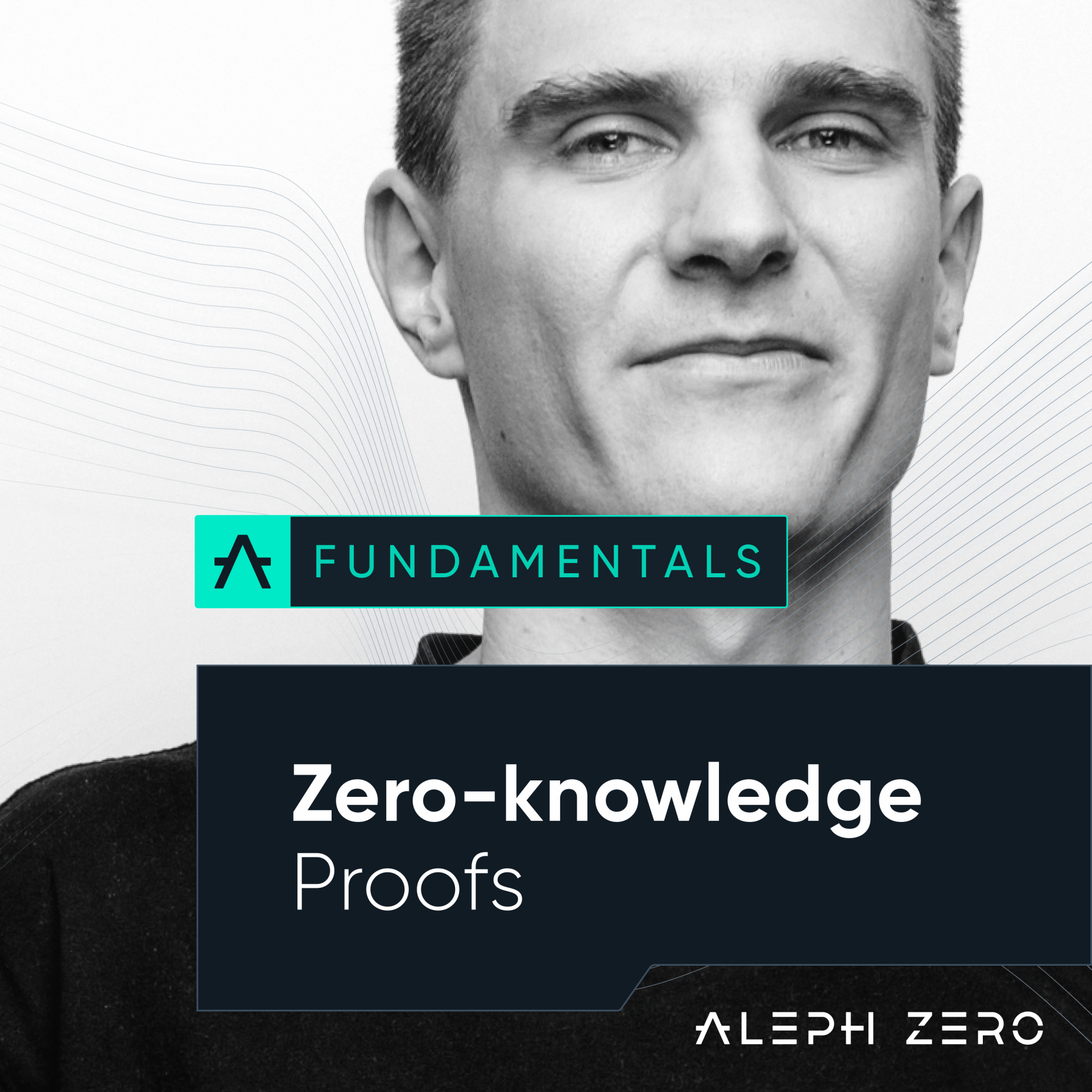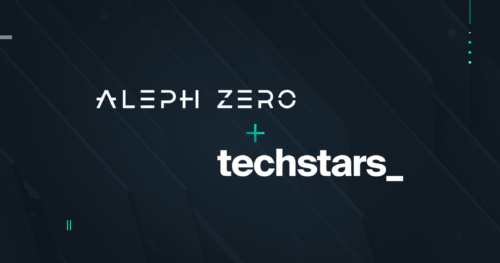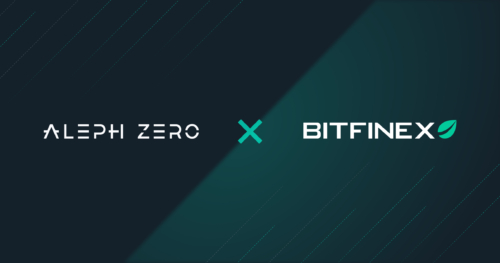What Are Zero-Knowledge Proofs? Podcast Key Takeaways
Aug 17, 2023

The latest episode of the Aleph Zero Podcast explores the world of zero-knowledge proofs and features blockchain developer Damian Straszak, Ph.D., who will simplify the concepts of these fundamental Web3 building blocks.
Listen to the full episode on the platform of your choice
TL; DL
Too Long, Didn’t Listen
- Zero-knowledge proofs (ZKPs) let us show we know a secret without revealing it. Types include Zk-STARKS, Zk-SNARKS, and more.
- These proofs were developed in the 1980s by Goldwasser, Micali, and Rackoff.
- There are two kinds of ZKPs:
- Strong but not commonly used due to high computing needs.
- More flexible ones, popular in Web3 solutions like ZK-SNARKS and ZK-STARKS.
- More security often means more complexity, slowing down the use of ZK.
- ZKPs should meet three the following three conditions:
- Completeness
- Soundness
- Zero-knowledge
- Future quantum computers might challenge these proofs, but Web3 security will also improve.
- ZKPs can’t fully hide multi-party secrets. For applications such as private DeFi, we need sMPC.
- Most blockchains offer anonymity, not full privacy. This means that with some clever snooping of on-chain data, it is possible to link accounts to concrete individuals.
- Liminal, by Aleph Zero, provides a privacy layer for DeFi actions like lending and trading.
- Liminal is based on Zk-SNARK technology.
- Liminal combines sMPC and Zk-STARKS for both individual and global privacy.
Listen to the latest episode with Damian Straszak.
Exploring Zero-Knowledge Proofs
ZKPs are a family of cryptographic solutions that allow users to interact with each other while retaining their rights to privacy by not divulging secrets they want to keep. Instead, one user can prove to the verifier a certain truth without actually revealing the information in question. These ideas serve as a fundamental building block of blockchain technology.
Damian Straszak explains that these solutions were first theorized in the 1980s through the work of Shafi Goldwasser, Silvio Micali, and Charles Rackoff, researchers who posited that ZKPs should meet the following three conditions:
- Completeness: a true statement will result in an honest verifier (one who adheres to the protocol properly) being sure of the truthfulness of the facts as an honest prover presents it.
- Soundness: there is a marginal chance that an honest verifier will accept a false statement put forward by a dishonest prover.
- Zero-knowledge: a true statement will not reveal any additional information besides the truthfulness of the statement. The statement itself is proof of the secret’s truthfulness. It requires no other interaction between the prover and verifier.
The family of ZKPs can be divided into proofs and arguments. Proofs are much more stringent and, as such, are less commonly used. The latter have more relaxed assumptions and also provide a high degree of security. As mentioned by Damian Straszak, the family of ZKPs is also quite broad, with a variety of protocols being created over the years. Aleph Zero uses Zk-SNARK technology for its native privacy platform called Liminal.
One fear regarding current cryptographic proofs is that they may not be immune to quantum computing. We prefer a more optimistic narrative, where cryptographic proofs will evolve alongside advances in computing to provide the security online systems need. As Damian Straszak points out, most currently working blockchains are not quantum-resistant; however, mass adoption of quantum computing is still some ways off, and at this moment, they do not pose a threat to our present blockchain systems.
Why Do We Need ZKPs?
Zero-knowledge proofs allow us to maintain privacy between two users who are interacting. This is a highly valuable quality that can change the way information is handled online and will allow fewer eyes to view our sensitive data.
However, although they excel at maintaining privacy between two users, these solutions do have certain limitations. For example, they are not ideal for managing secrets between large groups of actors, and due to the transparent nature of distributed ledger technology, it is possible with some clever snooping to link anonymous accounts to individuals.
The Making of Private DeFi
To mitigate this, Aleph Zero decided to use a combination of secure multi-party computation (sMPC) and ZKPs (specifically Zk-SNARKS) when building its native multi-chain privacy layer.
As Damian Straszak explains in the podcast, this solution will allow for privacy not only between individual users but also for DeFi applications where privacy between a large number of account holders is necessary, an area where sMPC excels at.
You may be asking: why do we need both? Well, sMPC is more intensive computationally and hence is more expensive. Combining both solutions allows us to reap the benefits of both cryptographic technologies for maximum effectiveness.
Listen podcast

EP. 8 What Are Zero-Knowledge Proofs? Their role in Web3 and DeFi
This episode of the Aleph Zero podcast is dedicated to the concept of zero-knowledge proofs. We'll be joined by Damian Straszak, Ph.D., one of the developers at Aleph Zero, to discuss these cryptographic primitives that allow us to share proofs of knowledge without revealing any sensitive data. We'll also look at the real-world applications of this technology in the Web3 and DeFi space.

